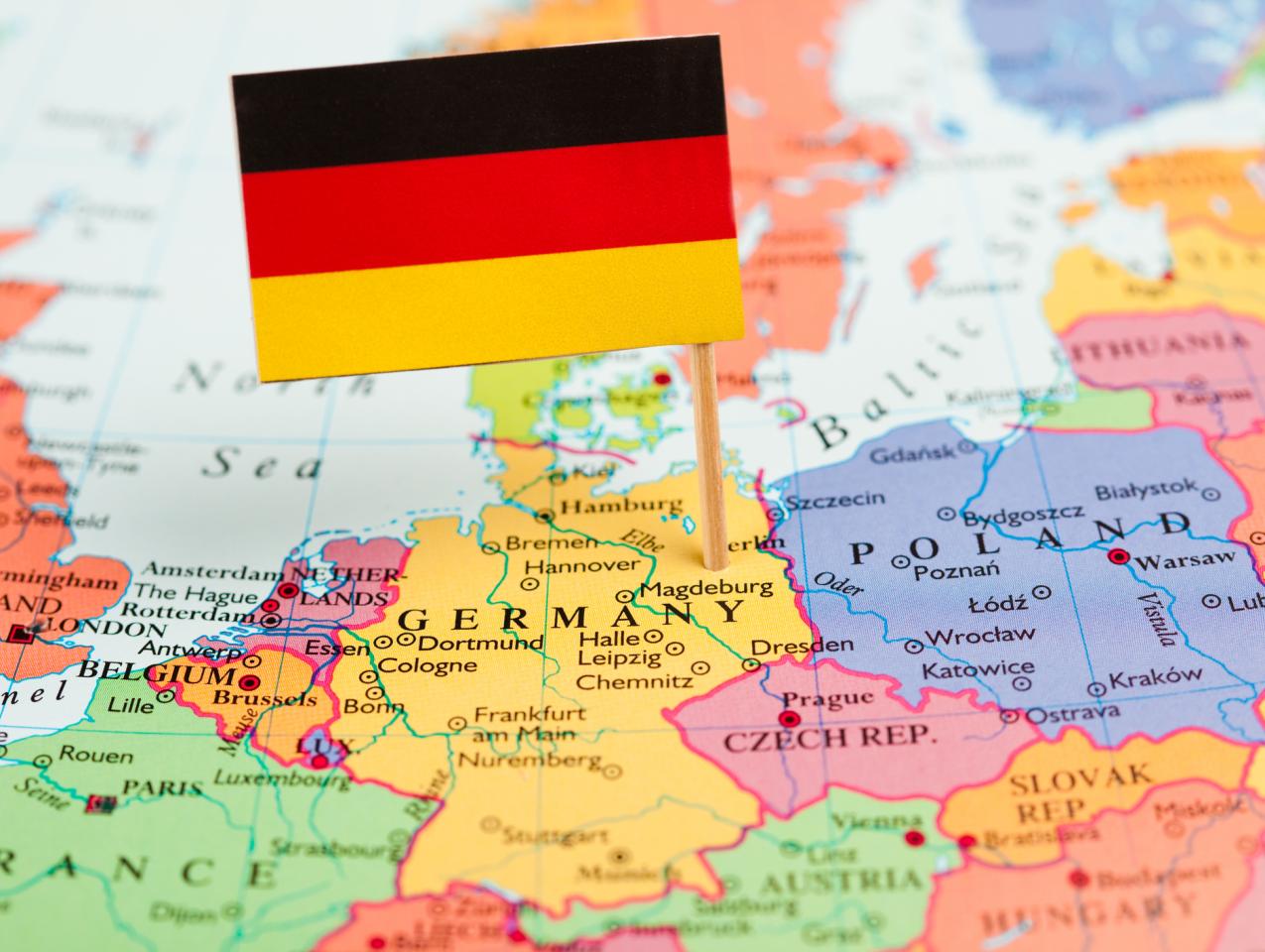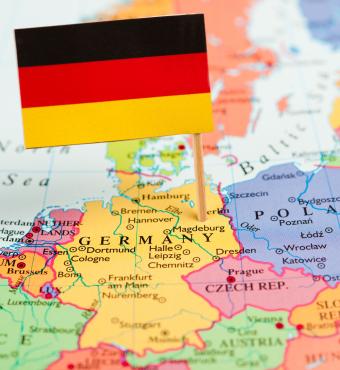- Energy & Environment
- Science & Technology
- Security & Defense
- US Defense
- International Affairs
- US Foreign Policy
- Cyber Security
- History
- Economic
- Military
- Contemporary
- US
- World
- Law & Policy
- Civil Rights & Race
Thursday, November 12, 2020
Hoover Institution, Stanford University
To control information is to control the world. Information warfare may seem like a new feature of our contemporary digital world. But it was just as crucial a century ago, when Germany tried to control world communications—and nearly succeeded. From the turn of the twentieth century, German political and business elites worried that their British and French rivals dominated global news networks. Many Germans even blamed foreign media for Germany’s defeat in World War I. In response, Imperial leaders, and their Weimar and Nazi successors, nurtured wireless technology to make news from Germany a major source of information across the globe.
Click the following link to read two articles from Professor Tworek
https://www.hoover.org/events/news-germany-competition-control-world-communications
Heidi Tworek is an associate professor at the University of British Columbia, where she works on media, international organizations, and transatlantic relations. Prof. Tworek is a senior fellow at Centre for International Governance Innovation, as well as a non-resident fellow at the German Marshall Fund of the United States and the Canadian Global Affairs Institute. She is the author of the award-winning News from Germany: The Competition to Control World Communications, 1900-1945, published in 2019 and has co-edited two volumes, Exorbitant Expectations: International Organizations and the Media in the Nineteenth and Twentieth Centuries, and The Routledge Companion to the Makers of Global Business. She received her BA from Cambridge University and her PhD in History from Harvard.
ABOUT THE HOOVER HISTORY WORKING GROUP
https://www.hoover.org/research-teams/history-working-group
This interview is part of the History Working Group Seminar Series. A central piece of the History Working Group is the seminar series, which is hosted in partnership with the Hoover Library & Archives. The seminar series was launched in the fall of 2019, and thus far has included six talks from Hoover research fellows, visiting scholars, and Stanford faculty. The seminars provide outside experts with an opportunity to present their research and receive feedback on their work. While the lunch seminars have grown in reputation, they have been purposefully kept small in order to ensure that the discussion retains a good seminar atmosphere.















